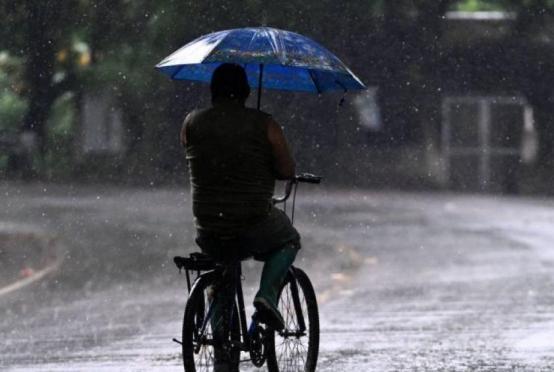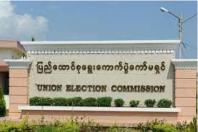As trade remittance tops the list of remittances via Hundi, the central bank has drafted a rule to control illegal remittance, said Bo Bo Nge, Deputy Governor of the Central Bank of Myanmar (CBM).
At the session of lower house parliament on February 4, the vice-governor replied to the question raised by Lower House MP Nan Moe from Manton Constituency about the Hundi.
The country loses tax revenues due to the prevalence of illegal remittances. Those who remit money may experience losses due to frauds. Cooperation between the Commerce Ministry, the Ministry of Planning and Finance and the CBM may lower the number of illegal remittances, he added.
“The CBM is working on a plan to legalize the Hundi. In January 2017, the delegations from the Ministry of Home Affairs and the CBM went to Singapore and Thailand. According to the study tours and findings, the plan to fix the prices of import and export products at the market prices was discussed at the tripartite meeting between the Ministry of Home Affairs, Ministry of Planning and Finance and the CBM. The Commerce Ministry decided to accept the import and export products according to the market prices, to no longer restrict the prices and to take actions against fraud prices with post audit,” he continued.
In order to control illegal remittances, the CBM has compiled a draft rule taking examples of the cases in Singapore and Thailand. The submission of draft rule at the CBM’s BOD meeting, seeking recommendations from the Union Attorney-General Office, the Commerce Ministry and Ministry of Planning and Finance, the submission of these remarks to the relevant committee and seeking approval of the Union government through the relevant committee, will be carried out during this year, he added.
The CBM has granted the permits for oversea remittance services to 35 banks—three State-owned banks, 19 private banks and 13 foreign bank branches. Thirteen out of 19 local private banks are offering oversea remittance services, in cooperation with oversea remittance service companies like Western Union, MoneyGram and True Money.
There are two kinds of remittances—trade remittance and non-trade remittance. According to the Foreign Exchange Management Law, the remittance amount for trade is not limited at one time, he said.
According to Para-27 of Foreign Exchange Management Regulation issued on September 30, 2014, 35 banks which have got the Authorized Dealer Licenses can allow the maximum remittance of 10,000 USD for travel expenses, medical expenses, educational and examination fee, admission fees for the conferences and discussions and living expenses of a family member or family members abroad, with designated evidences. According to Para-29 of Foreign Exchange Management Rule, AD license holders shall report to the central bank if there is a request to make a transfer or payment of more than 10,000 USD or other types of foreign currency in an equivalent amount.















